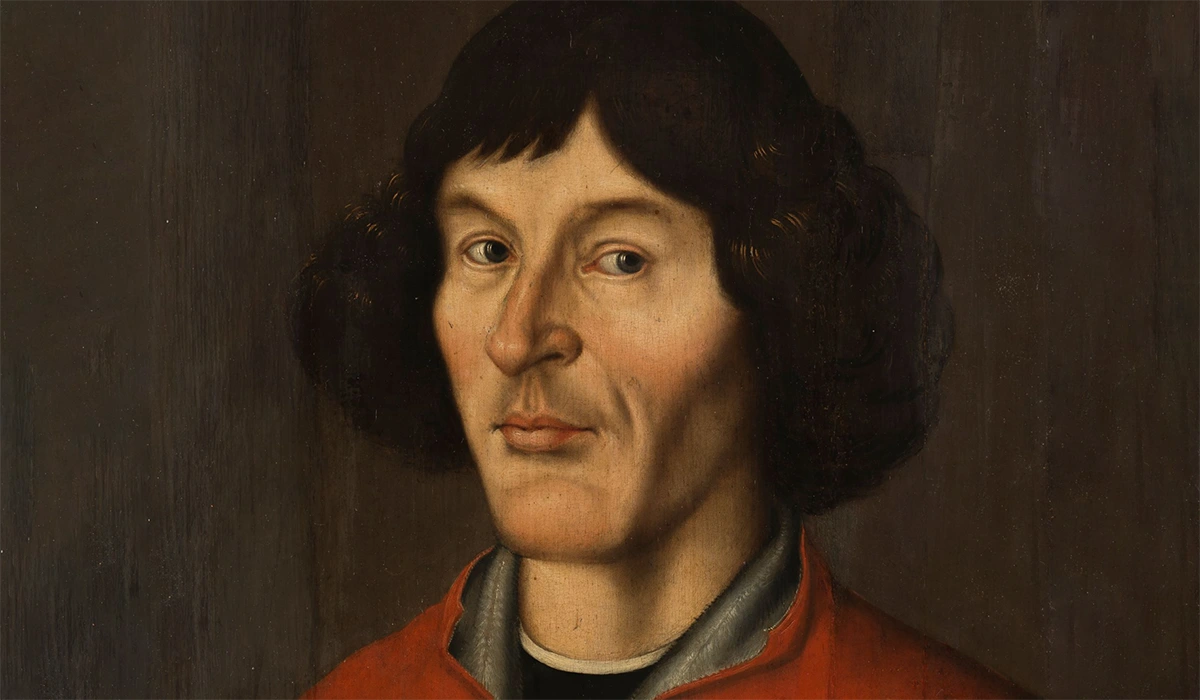When Copernicus Saw His Life’s Work Complete—And Slipped Away

Nicolaus Copernicus was a Renaissance astronomer best known as the first to claim that the Earth actually orbits the Sun—not the other way around.
His idea was groundbreaking and stirred plenty of controversy, but it gained just enough support in his time to help spark what became known as the scientific revolution.
Despite its influence, the Catholic Church would later condemn his revolutionary heliocentric model as heresy.
Family
Copernicus grew up in a well-off family, the youngest of four children, with one brother and two sisters. Sadly, he lost his father when he was just around ten years old. After that, his uncle, a bishop, stepped in to help raise and educate him.
The scientist never had children of his own, but he looked after his sister Katharina’s five children.
How did Nicolaus Copernicus die?
Copernicus died of a cerebral hemorrhage on May 24, 1543. He was 70.
Legend has it that Copernicus was on his deathbed when the first printed copy of his groundbreaking work finally reached him. He briefly woke from a stroke-induced coma, looked at the book in his hands, and saw his life’s work complete. With that moment of recognition, he closed his eyes again and passed away peacefully.
His writings soon created controversy in European scientific and religious circles by challenging many beliefs that had become religious dogma since the end of the Classical Era a thousand years before.
Quotes
""For I am not so enamoured of my own opinions that I disregard what others may think of them"
Nicolaus Copernicus
""The massive bulk of the earth does indeed shrink to insignificance in comparison with the size of the heavens."
Nicolaus Copernicus
""Those things which I am saying now may be obscure, yet they will be made clearer in their proper place."
Nicolaus Copernicus
""The earth together with its surrounding waters must in fact have such a shape as its shadow reveals, for it eclipses the moon with the arc of a perfect circle."
Nicolaus Copernicus